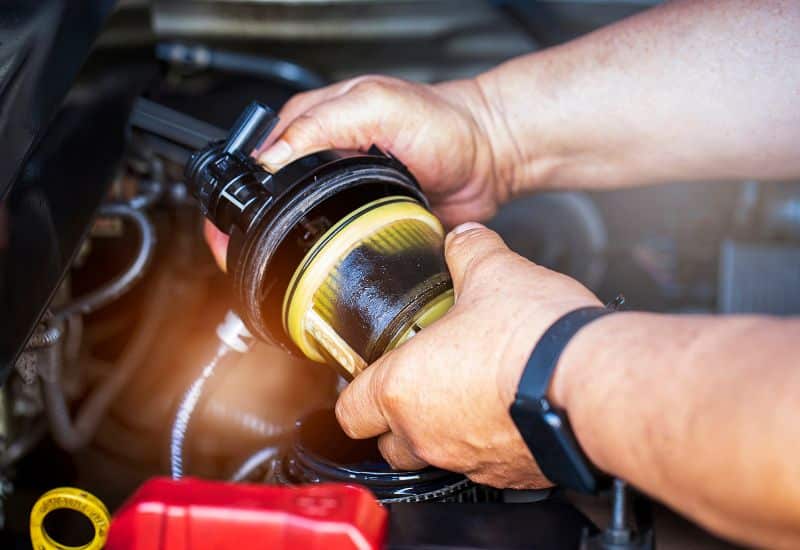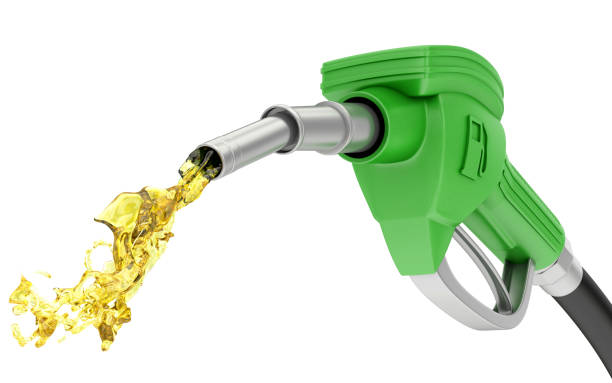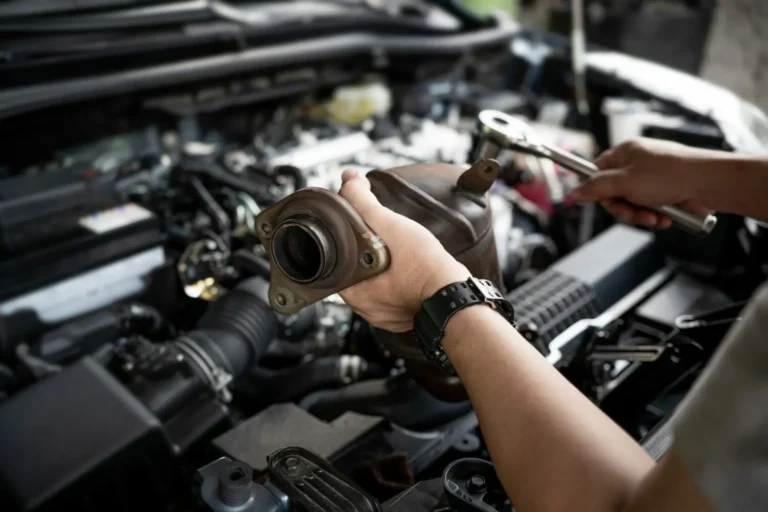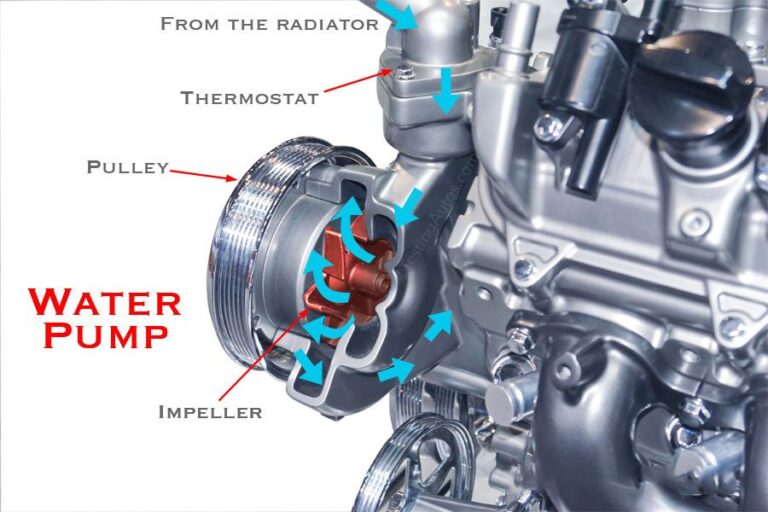Ford Escape Hesitation When Accelerating ?Complete Guide !
The Ford Escape is a popular SUV known for its blend of functionality, performance, and comfort. However, like all vehicles, it can sometimes face technical issues. One such common issue that Ford Escape owners have reported is hesitation when accelerating. This article delves into the possible causes of this problem, how you can diagnose it, and most importantly, how to fix it. Understanding the reasons behind this hesitation is important for keeping your vehicle running smoothly.
Hesitation when accelerating in a Ford Escape can happen due to issues like a dirty fuel filter, spark plug problems, or a faulty transmission. Regular maintenance can help fix these issues and keep your vehicle running well.
In this article we will discuss :Ford Escape Hesitation When Accelerating
Table of Contents
Understanding Hesitation in Acceleration

Definition of Acceleration Hesitation
Acceleration hesitation is when a vehicle struggles to speed up smoothly. This delay can feel like the car pauses before responding to the gas pedal, which can be caused by engine, fuel, or transmission issues. Regular checks can help prevent this problem.
How It Affects Driving Experience
Acceleration hesitation can make driving frustrating and unsafe. It can cause delays when merging or overtaking, leading to a lack of confidence on the road. Smooth acceleration is important for a pleasant and safe driving experience.
Signs of Hesitation in the Ford Escape
Signs of hesitation in a Ford Escape include a slow response when pressing the gas pedal, uneven acceleration, or the engine stalling. You might also hear unusual sounds or feel vibrations while driving, indicating potential problems.
Could fuel quality impact acceleration hesitation

Yes, fuel quality can impact acceleration hesitation in your Ford Escape. Low-quality or contaminated fuel may cause engine problems, leading to hesitation. Always use clean, high-quality fuel to help maintain smooth acceleration and overall engine performance.
Causes of Acceleration Hesitation in Ford Escape
Transmission Issues
Transmission issues in a vehicle can cause slipping, rough shifting, or hesitation when accelerating. These problems can lead to poor performance and should be checked by a mechanic promptly.
Fuel System Problems
Fuel system problems can cause poor engine performance, hesitation, or stalling. The engine may not be receiving the proper amount of fuel due to problems like a malfunctioning fuel pump or blocked fuel filter.
Ignition System Malfunctions
Ignition system malfunctions can lead to difficulty starting the engine, rough idling, or hesitation while driving. Common issues include faulty spark plugs or ignition coils, affecting overall engine performance.
Throttle Body and Air Intake Problems
Throttle body and air intake problems can cause poor engine performance, hesitation, or stalling. A dirty throttle body or blocked air filter limits airflow, affecting how the engine runs.
Dirty or Faulty Mass Airflow Sensor
A dirty or faulty mass airflow sensor can cause engine hesitation, poor acceleration, and rough idling. It measures the air entering the engine, and any issues can disrupt performance.
Engine Control Unit (ECU) Errors
Engine Control Unit (ECU) errors can lead to poor engine performance, hesitation, or warning lights. These issues affect how the engine runs and may require a diagnostic check to fix.
Exhaust System Blockages
Exhaust system blockages can cause reduced engine power, poor acceleration, and strange noises. These blockages can result from dirt or a damaged catalytic converter. Regular checks can help prevent these issues and keep your vehicle running smoothly.
Diagnosing the Issue

Step-by-Step Diagnosis Guide
A step-by-step diagnosis guide helps identify car issues by checking symptoms, inspecting parts, and testing components. Start with simple checks like fluid levels, then move to sensors and systems, ensuring you find the problem accurately and efficiently.
Professional vs. DIY Diagnosis
Professional diagnosis involves taking your car to a mechanic who uses advanced tools to find the problem accurately. DIY diagnosis allows you to check basic issues yourself, but it may be less reliable without expert equipment or experience.
Using an OBD-II Scanner for Fault Codes
An OBD-II scanner plugs into your car’s diagnostic port to read error codes from the engine. These codes help identify problems quickly, making it easier to understand what’s wrong and guide you or a mechanic in fixing it.
Is Acceleration Hesitation in the Ford Escape a Sign of a Serious Problem
Acceleration hesitation in a Ford Escape can indicate a serious problem, such as issues with the fuel system, ignition system, or transmission. It’s important to get it checked by a mechanic to avoid further damage and ensure safety.
Solutions to Acceleration Hesitation

Fixing Transmission-Related Hesitation
Transmission hesitation can occur due to low fluid levels or worn-out components. Checking and topping up transmission fluid may solve the issue. In more serious cases, a mechanic might need to repair or replace parts like the clutch or gears.
Fuel System Repairs and Maintenance
Fuel system issues, such as a clogged fuel filter or failing fuel pump, can cause hesitation. Regular maintenance like replacing the fuel filter and using high-quality fuel helps keep the system clean and running smoothly, reducing such problems.
Replacing Spark Plugs and Ignition Coils
Worn spark plugs or faulty ignition coils can cause poor engine performance, including hesitation. Replacing these parts ensures efficient combustion, improves acceleration, and reduces misfires. Regularly checking and replacing them helps maintain your car’s overall engine health.
Cleaning or Replacing the Throttle Body
A dirty or faulty throttle body can disrupt airflow to the engine, causing hesitation. Cleaning it removes built-up dirt, while replacing it may be needed if it’s damaged. This helps restore smooth acceleration and better engine performance.
Resetting or Reprogramming the ECU
The Engine Control Unit (ECU) manages your car’s systems. If it malfunctions, resetting or reprogramming it can fix issues like hesitation. This process clears errors or updates the software, helping the engine run more smoothly and efficiently.
Preventative Measures

Regular Maintenance and Service
Regular car maintenance, including oil changes, filter replacements, and checking fluid levels, helps prevent problems like hesitation. Routine service ensures your vehicle runs smoothly, improves its lifespan, and reduces the chance of costly repairs in the future.
Best Practices for Extending Vehicle Life
To extend your vehicle’s life, follow regular maintenance schedules, use quality fuel, drive smoothly, and avoid overloading. Regularly check tire pressure, brakes, and fluids. These practices help prevent wear and tear, keeping your car in good condition longer.
Using Quality Fuel and Engine Additives
Using high-quality fuel keeps your engine running smoothly and reduces deposits that can harm performance. Engine additives can also help clean internal parts, improve fuel efficiency, and extend engine life by preventing buildup and reducing wear.
transmission type affect acceleration performance in the Ford Escape
The transmission type affects acceleration performance in the Ford Escape. An automatic transmission shifts gears smoothly, providing convenience, while a manual transmission allows for more control. Each type offers different driving experiences, impacting how quickly the vehicle accelerates.
When to Seek Professional Help
Indicators of Severe Issues
Signs of severe car issues include loud noises, persistent warning lights, engine overheating, and poor acceleration. If you notice these problems, it’s essential to seek professional help quickly to prevent further damage and costly repairs to your vehicle.
Long-Term Damage Due to Ignoring the Problem
Ignoring car problems can lead to serious long-term damage, like engine failure or transmission issues. What starts as a small problem can become costly repairs, affecting safety and overall vehicle performance. Address issues promptly to avoid these consequences.
Maintenance Tips Can Prevent Hesitation When Accelerating
To prevent hesitation when accelerating in a Ford Escape, regularly check and change the air filter, fuel filter, and spark plugs. Keep the engine oil fresh and ensure tires are properly inflated for better performance and smooth acceleration.
Conclusion
In conclusion, addressing hesitation when accelerating in your Ford Escape is vital for safety and performance. This problem can be avoided with routine maintenance, which includes checking the fluid levels, spark plugs, and filters. Promptly diagnosing problems ensures a smoother and more enjoyable driving experience for all.
FAQs
What Causes Ford Escape to Hesitate When Accelerating?
The Ford Escape may hesitate when accelerating due to issues like low fuel pressure, a dirty throttle body, worn spark plugs, or transmission problems. Regular maintenance and addressing these issues quickly can help improve performance and smooth acceleration.
Can I Fix Acceleration Hesitation on My Own?
Yes, you can fix some acceleration hesitation issues yourself, like changing spark plugs or cleaning the throttle body. However, for more complex problems, it’s best to consult a mechanic for proper diagnosis and repair.
How Expensive Are Repairs for Hesitation Issues?
Repair costs for hesitation issues in cars can vary widely. Expect to pay anywhere from $100 to $1,500, depending on the cause. Regular maintenance can help prevent these problems and save money in the long run.
How Can I Prevent Acceleration Hesitation in the Future?
To prevent acceleration hesitation, keep up with regular maintenance, change the air and fuel filters, use good quality fuel, and check the spark plugs. Address any warning lights or strange noises quickly to avoid bigger issues.
Does Hesitation in Acceleration Affect Fuel Efficiency?
Yes, hesitation in acceleration can reduce fuel efficiency. The engine may use more fuel if it is having trouble starting up. Fixing these issues can help improve both performance and fuel economy over time.






2 Comments